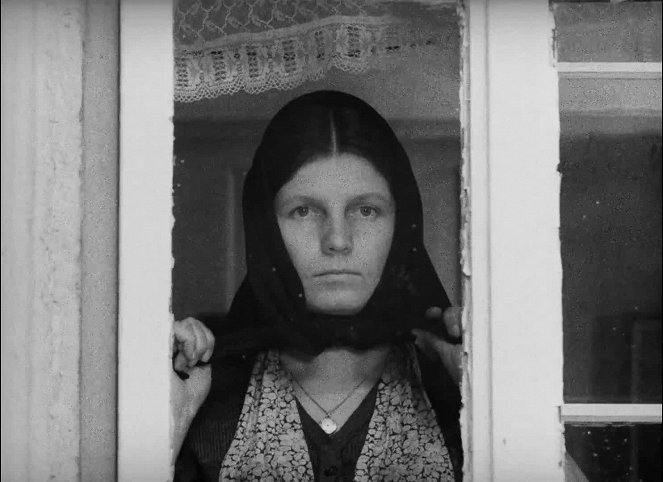Ohjaus:
Jan NěmecNäyttelijät:
Ladislav Janský, Antonín Kumbera, Ilse Bischofová, Ivan Asič, August Bischof, Josef Koblížek, Josef Koggel, Josef Kubát, Rudolf Lukášek, Oskar Miller (lisää)Juonikuvaukset(1)
Second World War. Two young boys jump from a moving deportation train carrying Jews. The German guards shoot at them but the boys manage to reach the forest. They are exhausted, hungry, freezing cold and want to go home. In a fever, they are haunted by memories of their recent horrific past, images of events that never did and never will occur in reality, visions of returning home, which they never reach in their dreams. From their hiding place deep in the forest, they see a woman carrying food to her husband in the field. After she returns to the cottage, one of the fugitives goes to ask her for food. He wants to kill her to prevent her informing on them. The boy is given bread but cannot bring himself to harm the woman. The famished boys cannot swallow the food. The woman puts a scarf on her head and considers whether to inform on them or not. Armed old men from the village organize a manhunt and catch up with the exhausted boys. They celebrate their victory while the boys wait to see what will happen to them. Finally, the euphoric Germans let them go and the two young boys run off hoping they will reach their home after all. (jakelijan virallinen teksti)
(lisää)Arvostelut (4)
Warm-up exercises with a straightforwardly convoluted storyline, unnecessary flashbacks, and irritating simplicity. The main characters lack a single thing that would make it worth identifying with them, and I never want to see them again. This Němec's "fear hour" is an hour wasted to me, and the praised Diamonds are an elusive emptiness.
()
I consider A Report on the Party and Guests to be the absolute peak of Němec's work, but this is also an exceptionally high-quality film, where the director achieves a depressive atmosphere with a minimum of dialogue and a stripped-down set design. He is able to work magic with black and white material and a hand-held camera, making an hour pass for the viewer without them even realizing it. Němec works with non-actors, but he can select excellent natural performers, so his portrayal of both escaped prisoners and elderly Germans who incite a witch hunt against them is incredibly suggestive. Overall impression: 80%. It's a shame that Němec wasn't able to build upon his successes from the 1960s with his post-revolutionary work...
()
Lustig's short story "Darkness Casts No Shadow" didn't deserve this. In extreme cases like this, it quickly drives me back to the written text. "I deliberately tried to suppress all elements that would situate the story in time and place. I wanted to reflect on the fate of man - the man of today. The story is my vehicle for this reflection. The loneliness and humiliation a person can fall into, and the struggle to escape this oppression." This is Němec's repertoire of phrases, which he dedicated to Kino in 1964. Diamonds of the Night or 64 minutes lived in 64 years of the subjectivized time of unadulterated torture by an empty film.
()
A boring and at times counterproductive bet on visual symbolism and poetry, which I reckon detracts from the naturalism of the story, so precisely evoked by the handheld camera, the absence of music and the convincing amateur actors. Certain scenes are, even after all these years, an example of perfectly atmospheric direction and oppressive narration without words, while others seem lengthy, and the endless flashbacks in particular don't tell much about the plot or the characters... 60%
()

